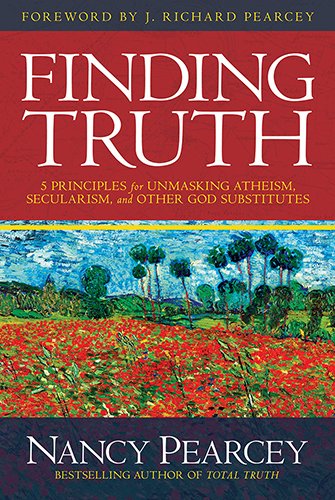 History prof Richard Weikart reviews Nancy Pearcey’s Finding Truth:
History prof Richard Weikart reviews Nancy Pearcey’s Finding Truth:
“While I was reading Nancy Pearcey’s new book, Finding Truth, a professor at the state university where I teach circulated a news item about a politician seeking to alter the university’s goals. Instead of facilitating “the search for truth,” the university under this plan would commit itself to meeting “the state’s work-force needs.” I remarked to this professor and other colleagues that many academics had already eliminated “the search for truth.” In the ensuing e-mail conversation, several professors rejected the idea that there is any universal truth, and one professor even described the whole concept of a “search for truth” as incoherent.
…
The fourth principle involves examining the worldview for internal inconsistencies. According to Pearcey, worldviews commit suicide when they subject other philosophies to a critique that they cannot withstand themselves. Marxism attacks opposing ideas as nothing but the byproduct of economic conditions, but somehow Marxist philosophers (miraculously) float free of the forces that allegedly constrain their opponents. Darwinism self-destructs when evolutionists argue that ideas gain currency not because they are true, but because they help us survive and reproduce. In this case, how can Darwinism claim to be true? Postmodernism is self-defeating, too, because it makes truth claims while simultaneously denying the very possibility of objective truth. Everyone wants to exempt a favored worldview from the debunking directed toward others.
But actually, none of that matters if one can get government to fund and enforce one’s views, especially in the name of some kind of righteousness or justice.
Quotes from the book.
Follow UD News at Twitter!